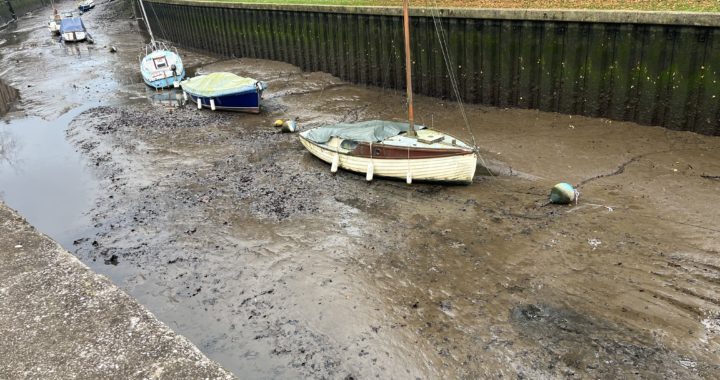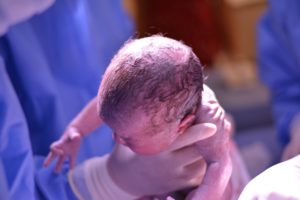


 a way to tell their story. If it was challenging for them, they can easily become lost in the challenge again, as if it is happening now. They can’t differentiate between then and now. When they remember their birth, they are again in their birth. They need us as adults to reassure them that they have already been born. “Yes, that’s how it was back then. And you made it! And now you are here with us/with mum.” They need us to help them orient to the safety, support and resource available now.
a way to tell their story. If it was challenging for them, they can easily become lost in the challenge again, as if it is happening now. They can’t differentiate between then and now. When they remember their birth, they are again in their birth. They need us as adults to reassure them that they have already been born. “Yes, that’s how it was back then. And you made it! And now you are here with us/with mum.” They need us to help them orient to the safety, support and resource available now.